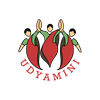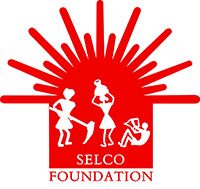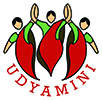 Introduction:
Introduction:
The concept of The Goat Trust and the Pashu Sakhi model traces back to the early experiences of Founding Trustee Shri Sanjeev Kumar during his tenure with PRADAN (Professional Assistance for Development Action) in Rajasthan in 1998. While working on dairy-based livelihoods, certain field experiences highlighted the potential of goat-based livelihoods for rural communities.
Initially, Kumar was involved in promoting self-help groups (SHGs) and linking them with banks for financial intermediation, alongside initiating dairy-based livelihoods. However, it soon became evident that dairy-based livelihoods posed significant challenges for the poor in dryland and drought-prone areas. Due to recurring droughts, the productivity of dairy cows plummeted, making their maintenance costs unaffordable for poor women farmers.
In contrast, goats owned by the target farmers thrived, producing more than a liter of milk per day at just 25% of the input cost required for dairy cows. Women consistently reported that goats were low-cost animals that could be managed well even in drought conditions. However, they also highlighted major issues with disease susceptibility and mortality rates among goats.
Role in Udyamini
The Goat Trust (TGT) collaborates with Udyamini to empower women through sustainable livestock-based livelihoods. Udyamini provides training and resources to women in rural areas to raise goats, improving income and nutrition. The Goat Trust supports by offering expertise in goat farming, facilitating access to markets, and ensuring best practices in animal husbandry. Together, they enhance economic stability and self-reliance for women, fostering community development and resilience through livestock entrepreneurship.


 Introduction:
Introduction: Introduction:
Introduction: Introduction:
Introduction: 